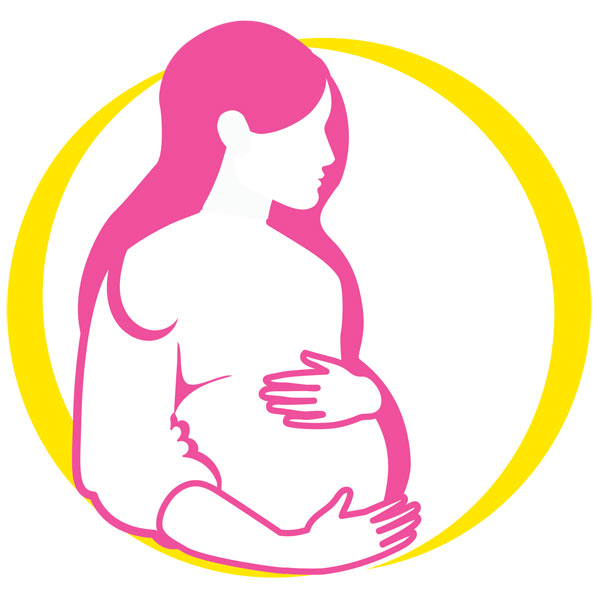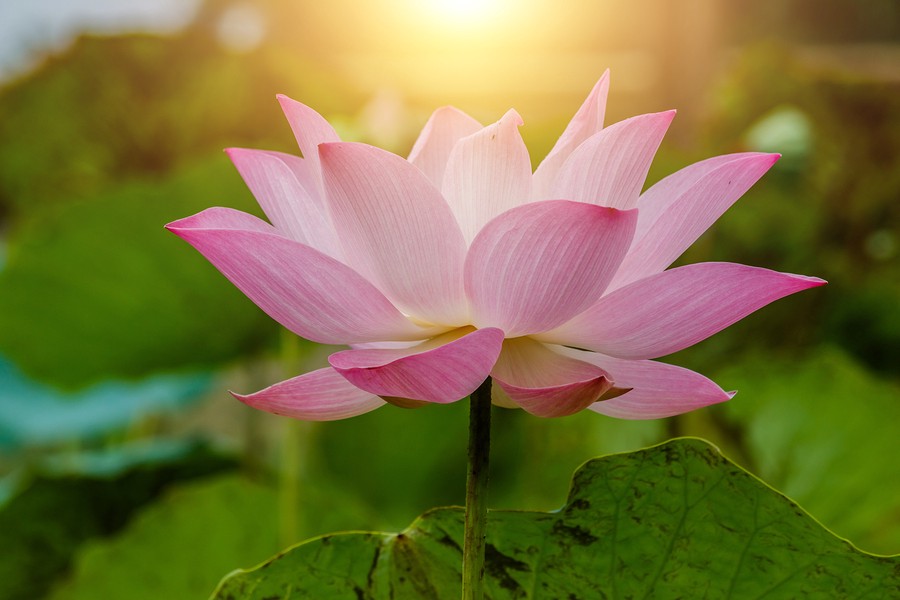I’ve not yet come across any of my patients who have said “IVF was great and it was so easy!” Most of the time I hear “IVF is so much harder than I thought it would be…” So as I enter this process, I’ve got a few important tools that I’ll need to support me along this journey. They won’t make IVF painless but they will help me to find more ease, relaxation, courage, and resilience physically, mentally, and emotionally so I can better navigate through it.

Achieving Mindfulness with Leslie Wang, PhD & Elaine Wang, MFA
As we approach the holiday season, the stresses of the coronavirus pandemic are undoubtedly weighing even more heavily upon us. For many Americans, COVID-19 has completely destabilized daily life and disrupted the support systems we rely on to maintain our health and well-being. Today, the challenges of caring for loved ones have become even more complex. People are being spread too thin as they juggle the responsibilities of caring for elders and young children while also doing full-time work.
Caregivers are exhausted. Even during “normal” periods, those who care for relatives with chronic or disabling conditions manage incredible stress. Nowadays, with seemingly never-ending to-do lists and even less free time, it’s difficult to carve out the personal space necessary to replenish energy and overcome burnout. But how is it possible to achieve this during these trying circumstances?
Mindfulness can help us develop the resilience to keep functioning each day in a sustainable way. Here, we offer a few small exercises aimed at building mindfulness into your daily routine. Choose one and try to maintain it for at least two weeks to see positive mental and physical improvements.
Meditation—Even doing just five minutes of deep breathing can help calm down the nervous system and restore your emotional equilibrium. You can use guided meditations or listen to music on apps like Insight Timer, Ten Percent Happier, Calm, Headspace, or Liberation (designed for the BIPOC community). Youtube or Dharma Seed are also great free resources. Experiment with listening to different types of meditations throughout the day. You can start off with a morning meditation or calm your mind in the evening to bring about restful sleep.
GLAD Gratitude Practice—The field of positive psychology has led to the popular practice of keeping a daily gratitude journal. The GLAD technique is another spin on this idea that can help brighten your mood on even the toughest day. Before you go to sleep, answer the following questions to help you pause and reflect:
-
G: What is something specific, big or small, that you are grateful for?
-
L: What is something you learned?
-
A: What is something you achieved or accomplished?
-
D: What was a moment of your day that delighted you?
Mindful Movement—When you have 5-10 minutes of free time, try doing some yoga, tai chi, qigong, or any kind of dance. Not only will you feel better through using movement to integrate your mind, body, and breath, but you can also enjoy better sleep and increased mobility. With the temporary closure of many studios and gyms, consider joining an online program such as Glo, GAIA, or MyYogaWorks. If you use YouTube, make sure to choose an appropriate class for your level and to perform modifications if needed to stay safe.
Mindful Eating—Ritualizing daily tasks like eating are a quick way to fit mindfulness into a hectic schedule. To start, sit down, put away all of your devices, and take three deep breaths. Spend two minutes taking a personal inventory. Notice how you are breathing. Check in with your body. What sensations are you feeling? Check in with your thoughts and emotions. What thoughts and emotions are arising? Eat slowly, noticing the texture and taste of your food. When your mind wanders, gently bring your attention back to the present moment. Stop eating once your body feels complete. You may end up eating less than you normally do, but actually feel more satisfied.
Bringing Nature Indoors—We know that nature has immense power to heal, allowing our nervous system to relax and blood pressure to drop. Since we’re spending more time at home, here are a few ideas to help bring the outdoors inside:
-
Play ocean, rain, babbling brook, bird calls, or rustling tree sounds in the background as you go about your day.
-
Diffuse essential oils such as peppermint and lavender into your room to decompress.
-
Choose an inspiring natural scene to be the screensaver on your computer monitor and TV.
Media Fast—Many of us begin and end our days by scanning news headlines or by scrolling through social media posts, which often leaves us feeling even worse. Consider cutting out all news and/or social media for two weeks and observe changes in your anxiety level by keeping a journal.
By taking a few minutes every day to pause, reflect, and reset, you can make mindfulness part of your busy lifestyle. These small investments in yourself can help you stay calm and even-keeled regardless of the current circumstances.

Leslie Wang, PhD
Leslie Wang is an Associate Professor of Sociology at the University of Massachusetts Boston who studies families, children, and caregiving. She is also an award-winning author, public speaker, and professional life coach accredited by the International Coach Federation. As a coach, Leslie helps women overcome challenges, avoid burnout, and make decisions in line with their core values so that they can find more joy and satisfaction in all areas of life.

Elaine Wang, MFA
Elaine Wang is a public educator, dancer, and certified yoga instructor who holds a Master in Fine Arts degree in Dance from the NYU Tisch School of the Arts. Her passion lies in designing customized wellness programs. She has worked with caregivers who adopted their grandchildren and currently serves as a coach for patients undergoing IVF treatment at West Coast Fertility Center. Elaine is the founder of Fertility Fit Kit, an online course for IVF patients, which was recently featured in the New York Times.


